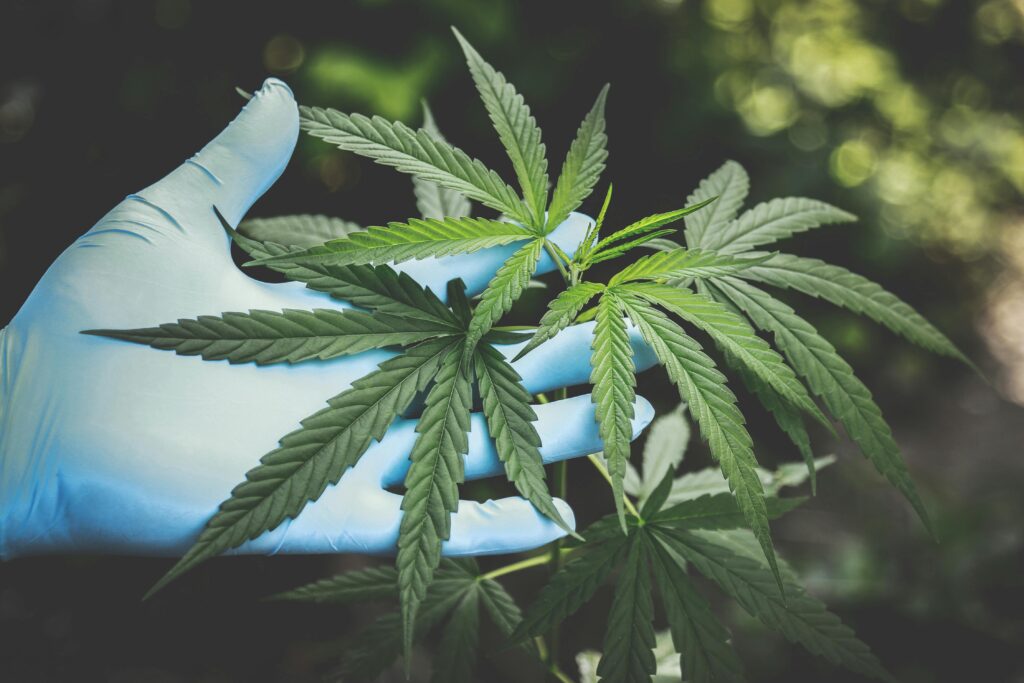Discovering Weed in Da Lat: A Quiet Trend in Vietnam’s Highlands

Often referred to as the “City of Eternal Spring,” Da Lat attracts tourists with its picturesque views, colonial architecture, and relaxing atmosphere. The town has long been a haven for those seeking a peaceful getaway from the hustle and bustle of Vietnam’s larger cities. However, alongside its natural beauty and tranquility, a subtle yet growing trend is emerging—interest in cannabis on discover weed in Da Lat.
Though marijuana remains illegal in Vietnam, there is a small, underground culture surrounding cannabis, particularly among younger generations. In this article, we explore the burgeoning cannabis scene in Da Lat, the factors contributing to this trend, and the risks associated with marijuana consumption in this peaceful highland town on discover weed in Da Lat.
The Legal Environment: Strict Drug Laws in Vietnam
In Vietnam, cannabis remains strictly illegal. The country enforces severe penalties for marijuana use, possession, or trafficking, which can include long prison sentences, hefty fines, and even the death penalty for large-scale drug trafficking. As a result, those interested in using marijuana must do so discreetly, avoiding public attention and keeping their activities hidden from law enforcement on discover weed in Da Lat.
Despite the strict laws, cannabis use is slowly growing in Da Lat, especially among the younger population. Young people, exposed to global trends through social media and the internet, are increasingly curious about cannabis and its potential benefits. However, marijuana use remains underground, and users often rely on private networks and word-of-mouth referrals to access cannabis. This discreet, hidden scene in Da Lat is fueled by the desire for stress relief, relaxation, or new social experiences.
The Underground Cannabis Culture in Da Lat
For some, marijuana offers a way to relax and enhance their experience of the town’s peaceful environment.
The underground cannabis culture in Da Lat is still in its early stages, and the demand for marijuana is modest. Many people who wish to use cannabis in Da Lat do so in small groups of friends or fellow travelers, often as a way to bond or relax in a more laid-back environment.
Despite the relatively small market for marijuana in Da Lat, the presence of cannabis is noticeable enough to spark curiosity among younger residents and visitors alike. The town’s relatively isolated location, far from the fast-paced energy of Ho Chi Minh City or Hanoi, allows for a quieter, more discreet cannabis scene to emerge.
Changing Attitudes Towards Cannabis
Around the world, attitudes toward cannabis are shifting. Many countries are beginning to decriminalize or legalize marijuana for medicinal or recreational purposes. Although Vietnam has not yet moved in that direction, changing global perspectives are gradually influencing how people in Da Lat—and Vietnam in general—view cannabis.
Young people in Da Lat, like elsewhere in the world, are increasingly open to exploring alternative wellness practices, including the use of cannabis. This shift in attitude is slowly helping to reduce the stigma around marijuana use, particularly among younger generations who are more exposed to global trends through the internet.
The Risks and Future of Cannabis in Da Lat
Despite the growing interest in cannabis in Da Lat, the risks associated with its use are significant. Cannabis remains illegal in Vietnam, and the government continues to enforce strict anti-drug laws. Anyone caught with marijuana can face severe legal consequences, which means that users must exercise caution and keep their activities hidden.
For now, cannabis use in Da Lat is a private, underground activity. People who wish to access marijuana must rely on trusted connections to find reliable suppliers, and the quality of cannabis can vary significantly. Because of its illegal status, the cannabis scene in Da Lat is limited and closely monitored, leaving users to navigate the social and legal risks associated with marijuana use.
The future of cannabis in Da Lat remains uncertain. While attitudes toward cannabis are slowly changing, especially among younger people, Vietnam’s strict drug laws mean that marijuana will likely remain illegal for the foreseeable future. However, as global attitudes toward cannabis continue to evolve, it is possible that the conversation around marijuana use in Vietnam will gradually shift, though this may take years.
Conclusion
Da Lat, with its stunning landscapes and peaceful atmosphere, has quietly become a point of interest for those exploring cannabis in Vietnam. While marijuana remains illegal and carries significant legal risks, there is a growing curiosity about its potential benefits, particularly among young people. For now, cannabis use in Da Lat is largely underground, and users must take care to protect their privacy. As the global conversation around cannabis continues to evolve, it’s possible that the future of marijuana in Da Lat may shift, but for now, it remains a hidden aspect of the town’s evolving culture.
“Best place to buy when you want a reliable, potent product, contact them on telegram Greenleafemporium1 and also through there email : greenleafemporium1@gmail.com
“I noticed a huge reduction in my anxiety after using their products highly recommended .”
Clean, smooth smoke — no harshness at all thank you.
I appreciate the discretion in packaging and delivery.
Some of the strongest concentrates I’ve tried in years.